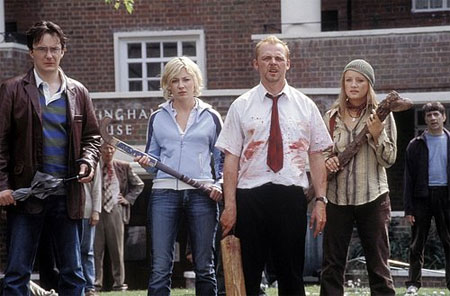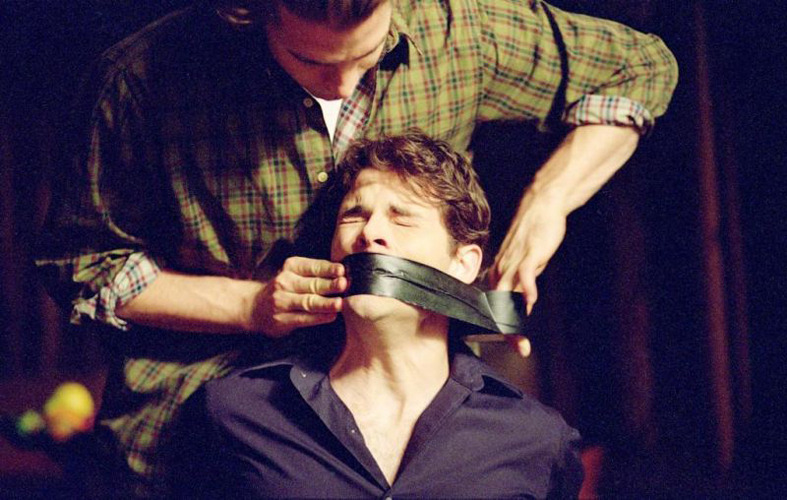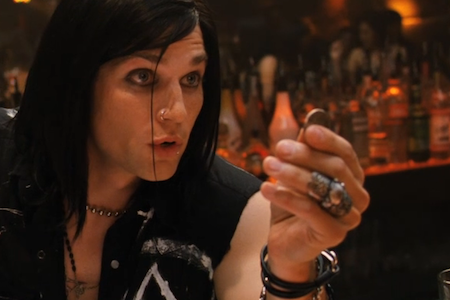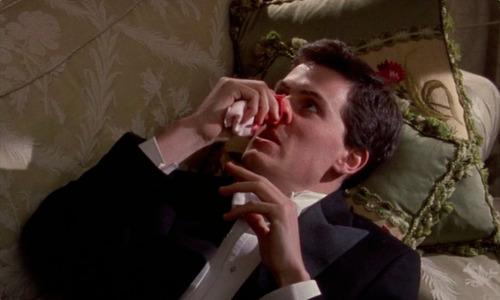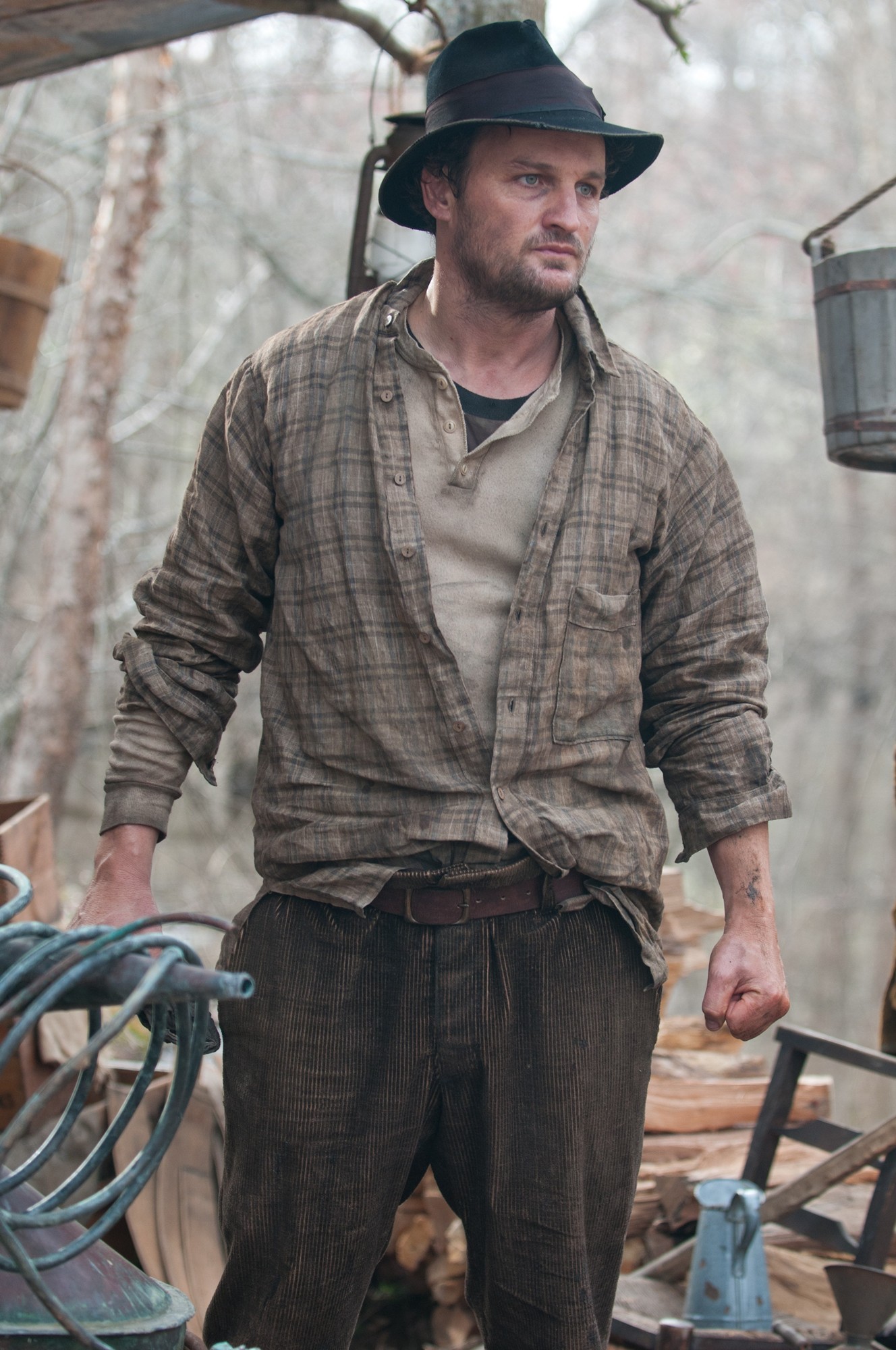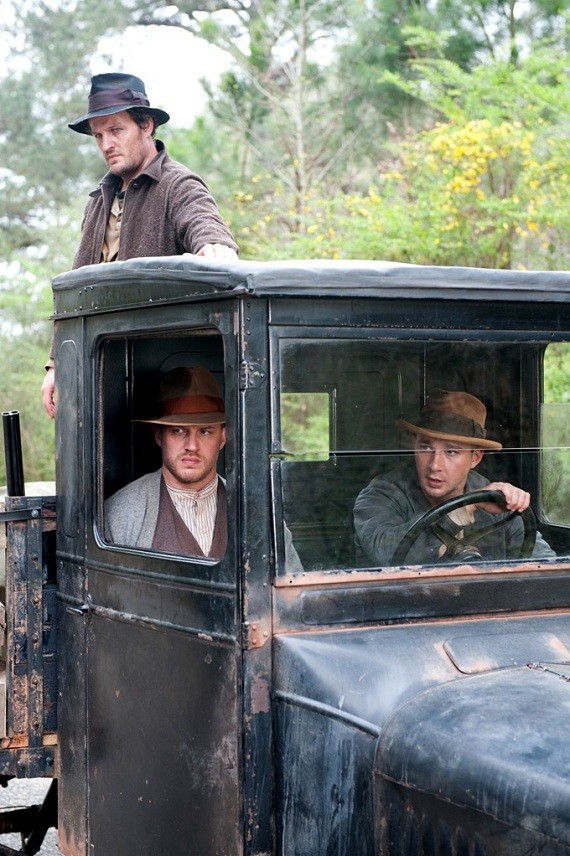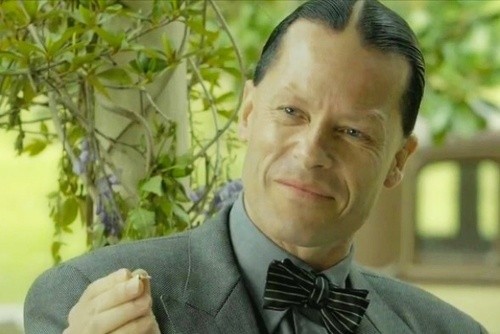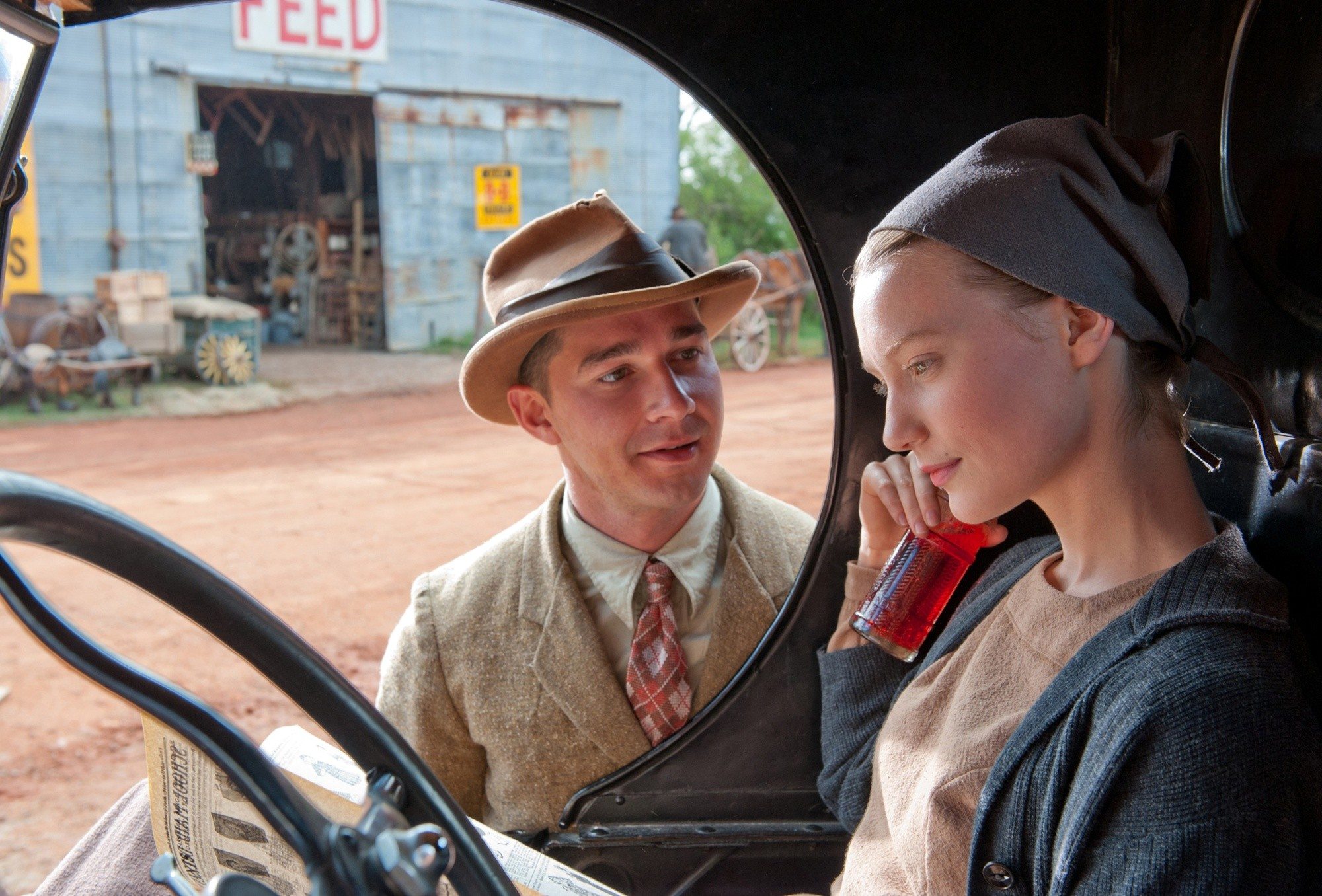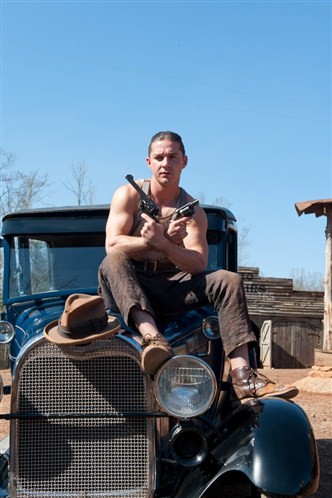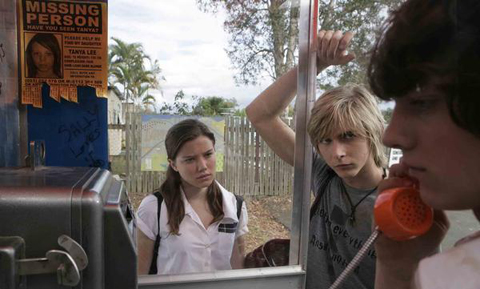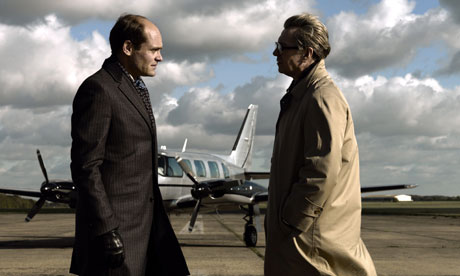Lauren Greenfield's masterful documentary The Queen of Versailles follows billionaire David Siegel and his beautiful wife Jacqueline into the great recession. They live in Florida where nannies tend to their eight children, one of whom they "inherited." While in the middle of building the largest house in the United States (inspired by Versailles), the economic crisis hits. David's timeshare empire, the biggest in the world, faces severe cutbacks.
Few tears are shed. The Siegels can be hilariously clueless and outrageous, but they also share moments of regret and generosity. As monetary woes sink in, the excess which was a source of pride for the couple becomes a garish nightmare. In spite of her degree in computer engineering, the buxom, botoxed Jackie claims to be in the dark about their financial situation. David becomes consumed with saving his company, often ignoring the rest of his family or lashing out at Jackie, who admits that she is living in a fantasy world. (The movie's apt title recalls Marie Antoinette and her notorious decadence.)
Before the crisis, one of their many children says it best: they never think about money, but they always think about money. The sense of anxiety hanging over the Siegels will be familiar to many Americans, but their opulence will not. David and Jackie blame the banks for lending them too much money, even though David's cutthroat Westgate Resorts dangles the American Dream in front of people who likely can't afford it.
This well-edited movie interviews the Siegels, their children, employees, servants, and old friends. We find out that the hired help have the smallest rooms in the house and haven't seen their family in years. They tend to children who, along with the pets, appear to be accessories. When David embarks on a Citizen Cane like quest to rescue his wealth, it's not difficult to conclude that Jackie, and perhaps all women, are also possessions to many men in the moneyed world. Hints at strained or broken family relationships are also telling.
This searing family portrait illuminates both the current state of the country and the effect of money on the psyche. The film doesn't clearly track the trajectory of David's company, but it does display hollow, disturbing, and even repulsive results of great wealth.
Before the crisis, one of their many children says it best: they never think about money, but they always think about money. The sense of anxiety hanging over the Siegels will be familiar to many Americans, but their opulence will not. David and Jackie blame the banks for lending them too much money, even though David's cutthroat Westgate Resorts dangles the American Dream in front of people who likely can't afford it.
This well-edited movie interviews the Siegels, their children, employees, servants, and old friends. We find out that the hired help have the smallest rooms in the house and haven't seen their family in years. They tend to children who, along with the pets, appear to be accessories. When David embarks on a Citizen Cane like quest to rescue his wealth, it's not difficult to conclude that Jackie, and perhaps all women, are also possessions to many men in the moneyed world. Hints at strained or broken family relationships are also telling.
This searing family portrait illuminates both the current state of the country and the effect of money on the psyche. The film doesn't clearly track the trajectory of David's company, but it does display hollow, disturbing, and even repulsive results of great wealth.






